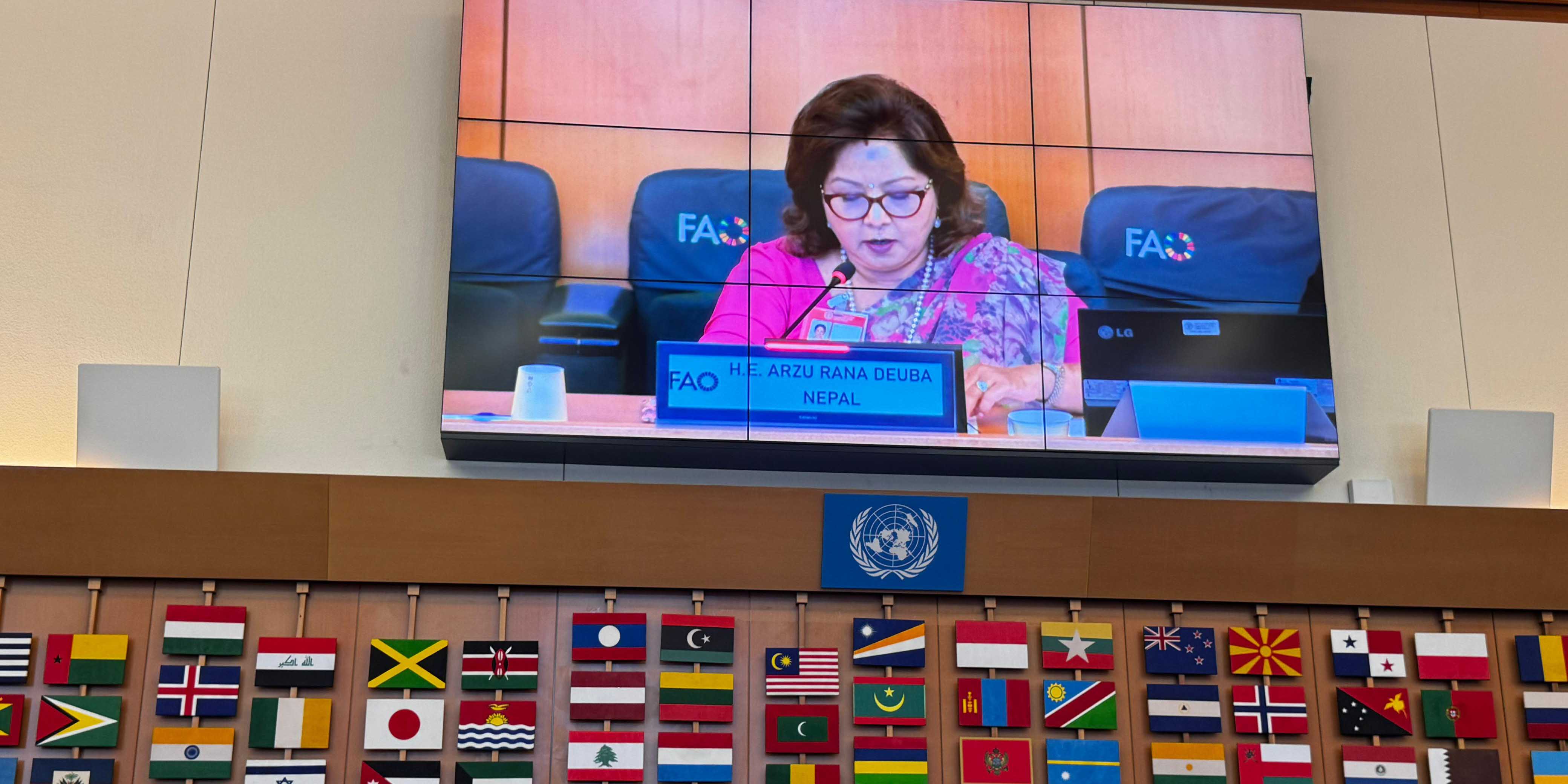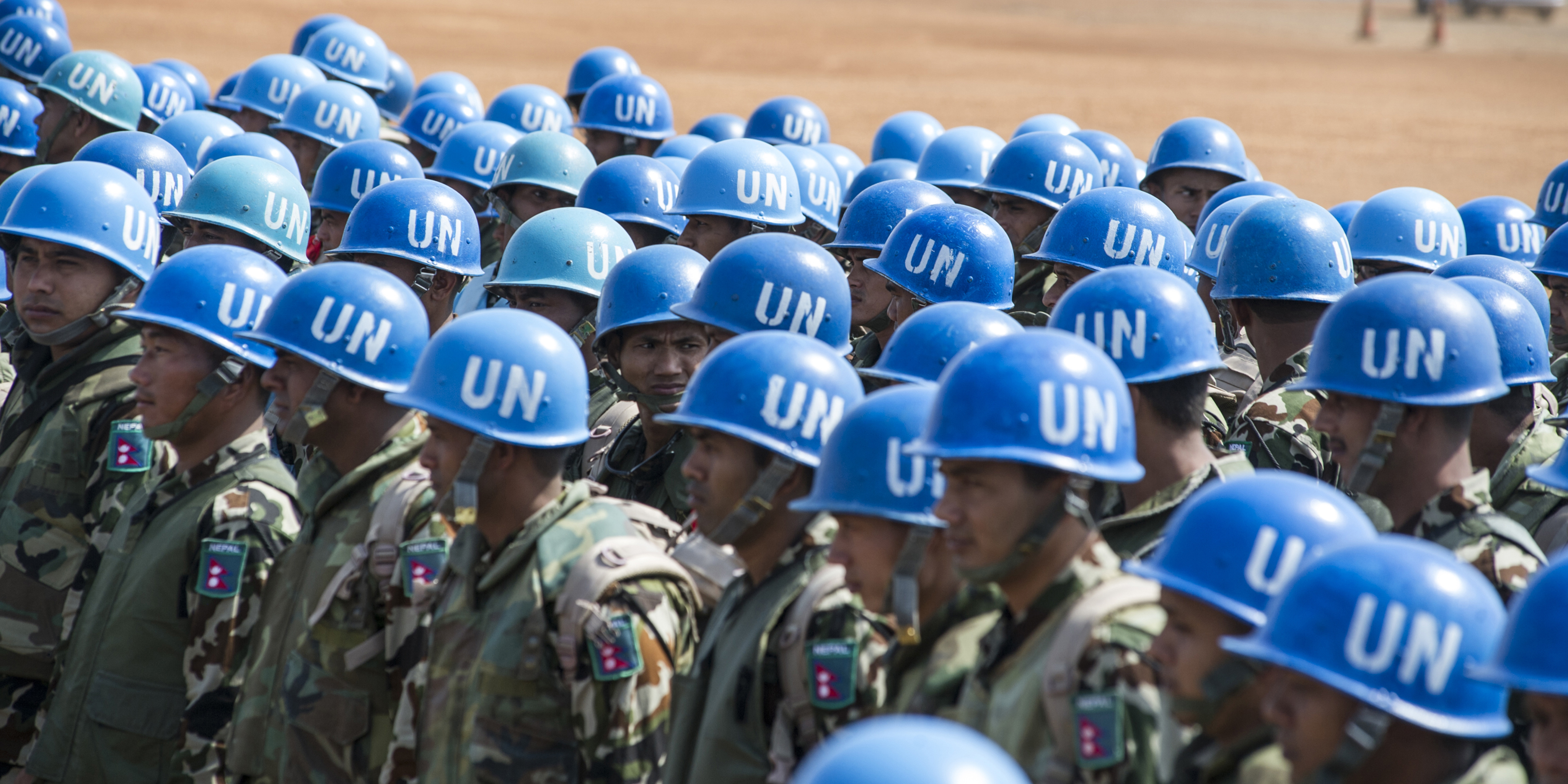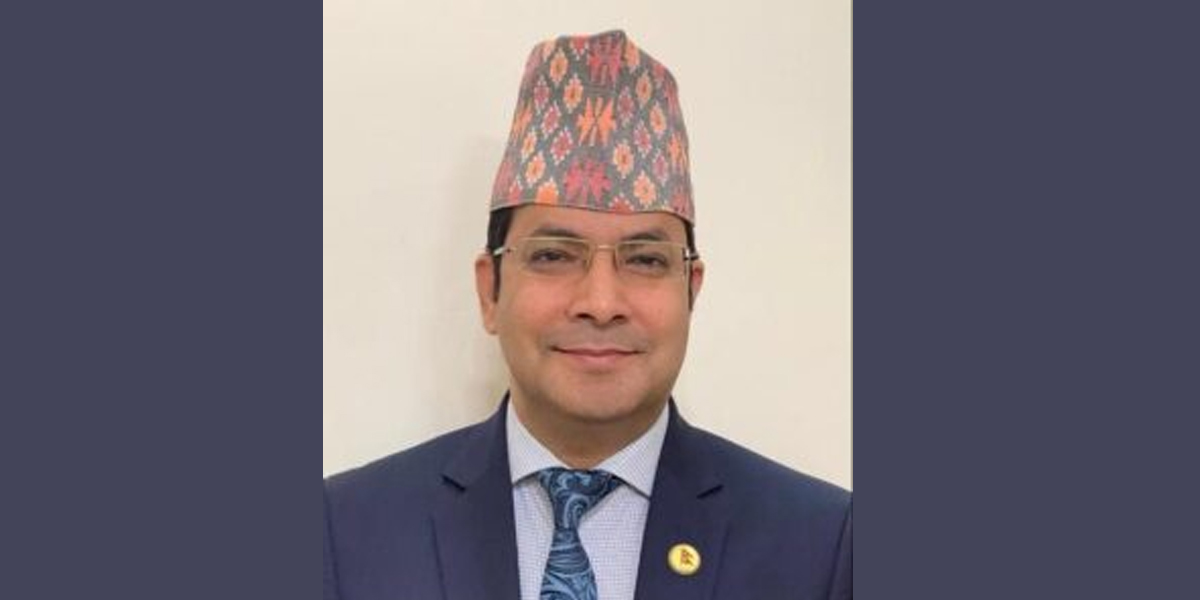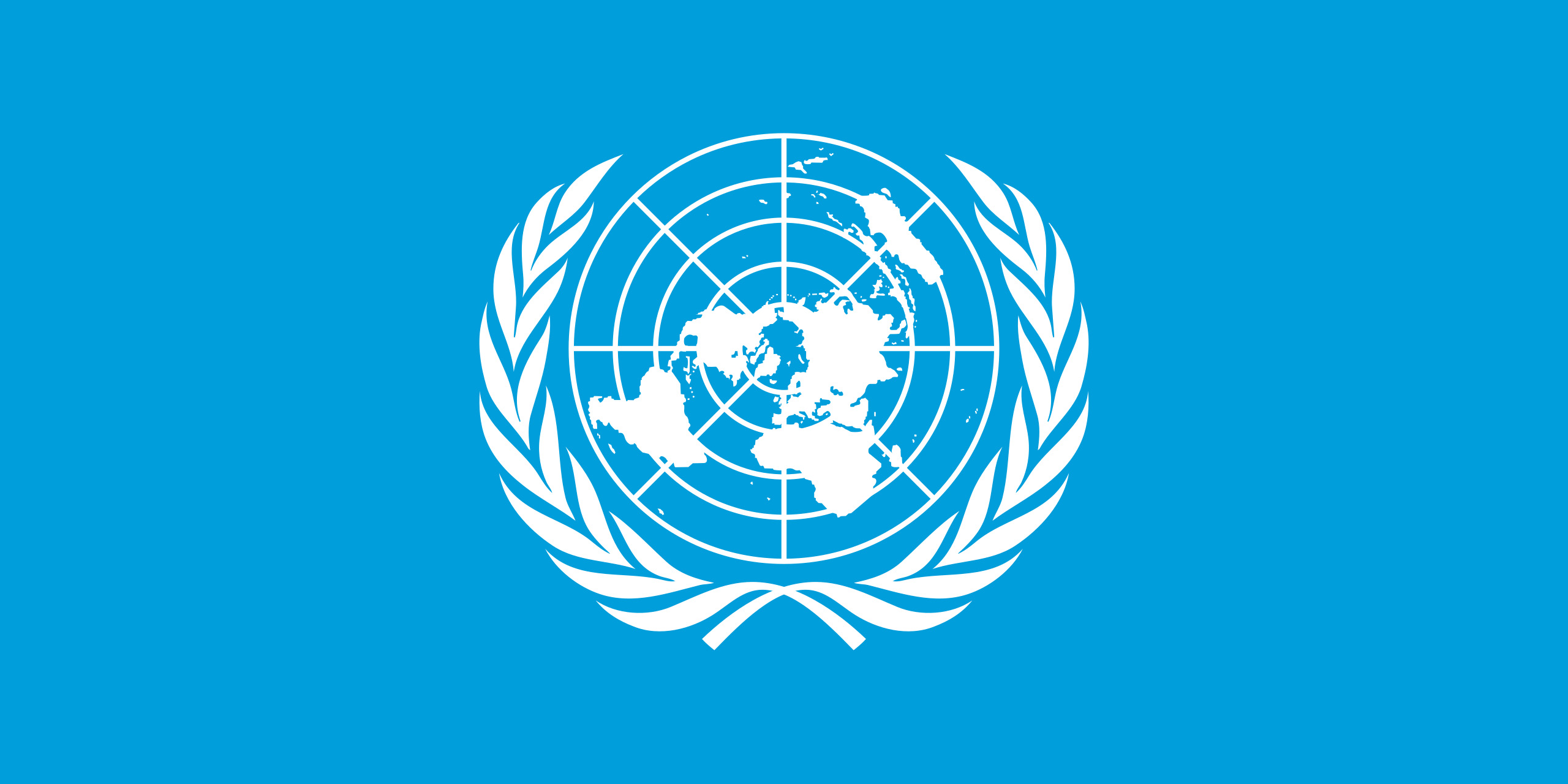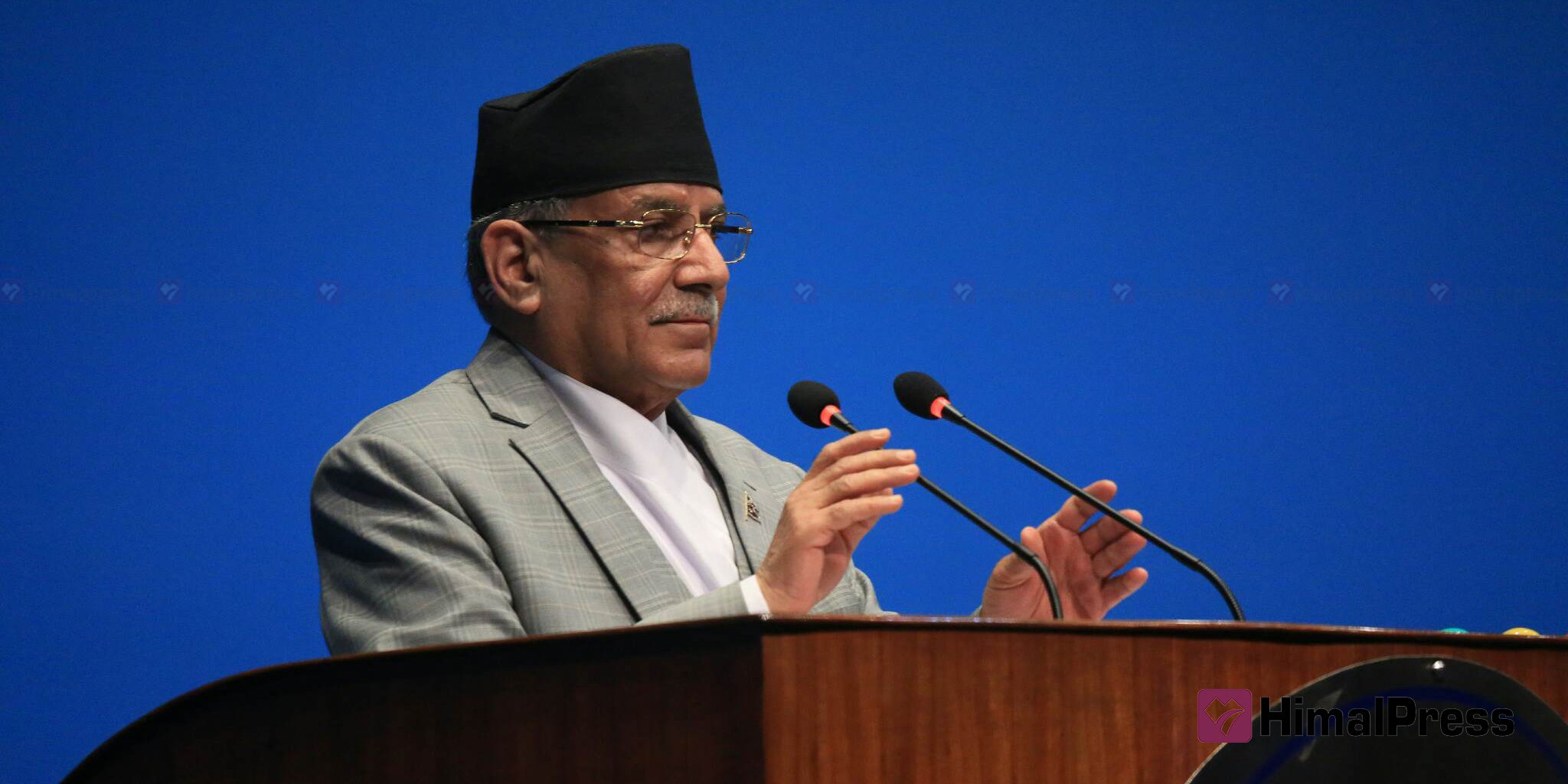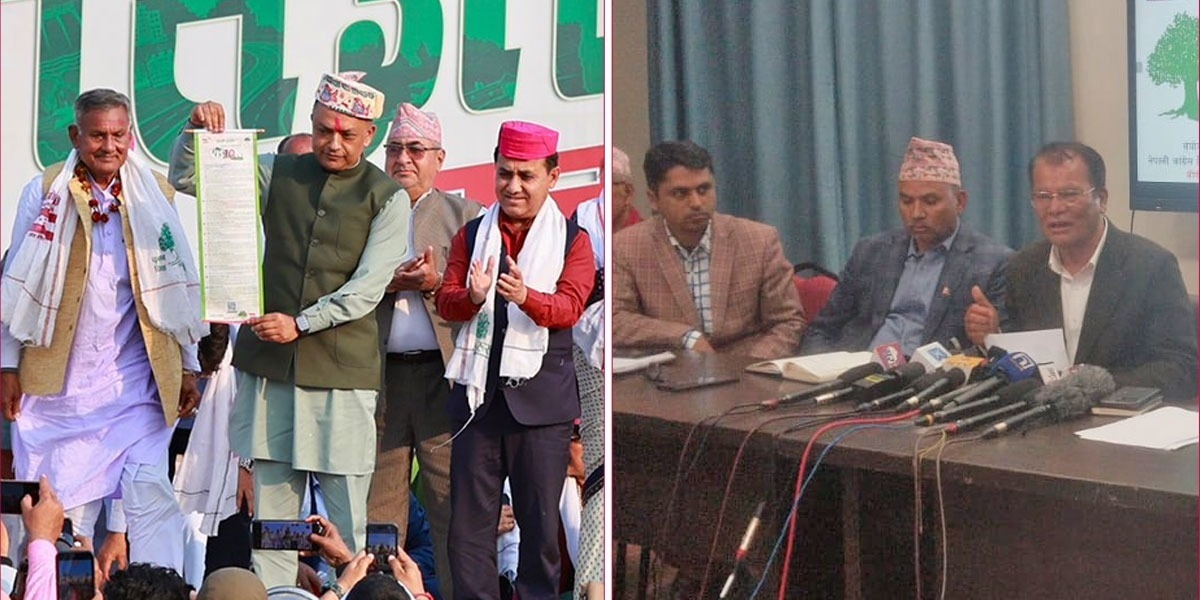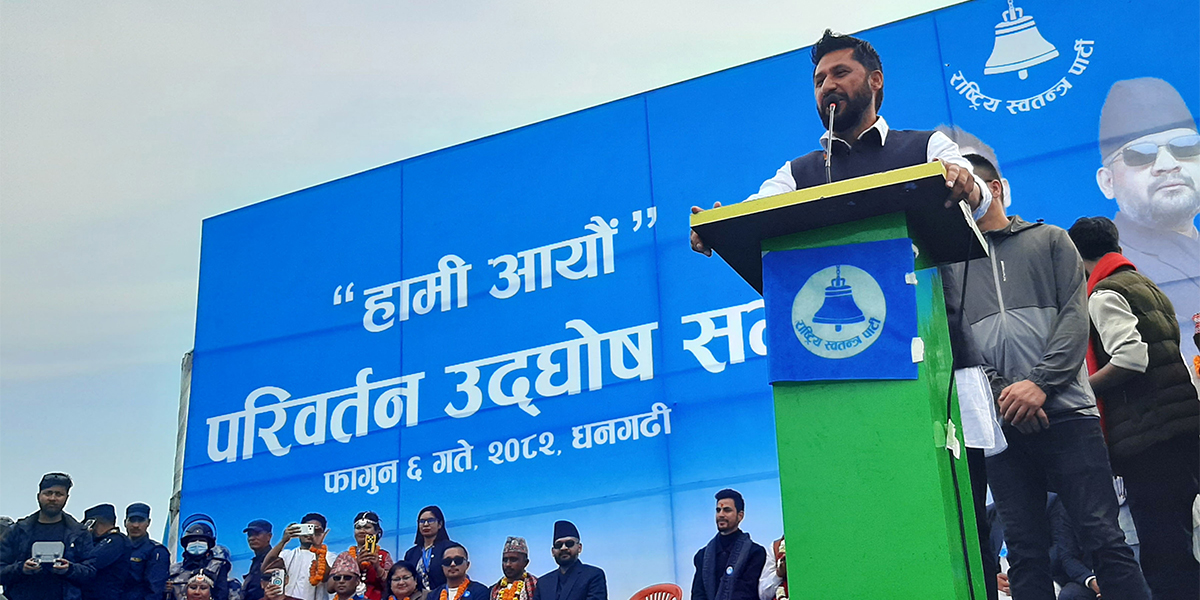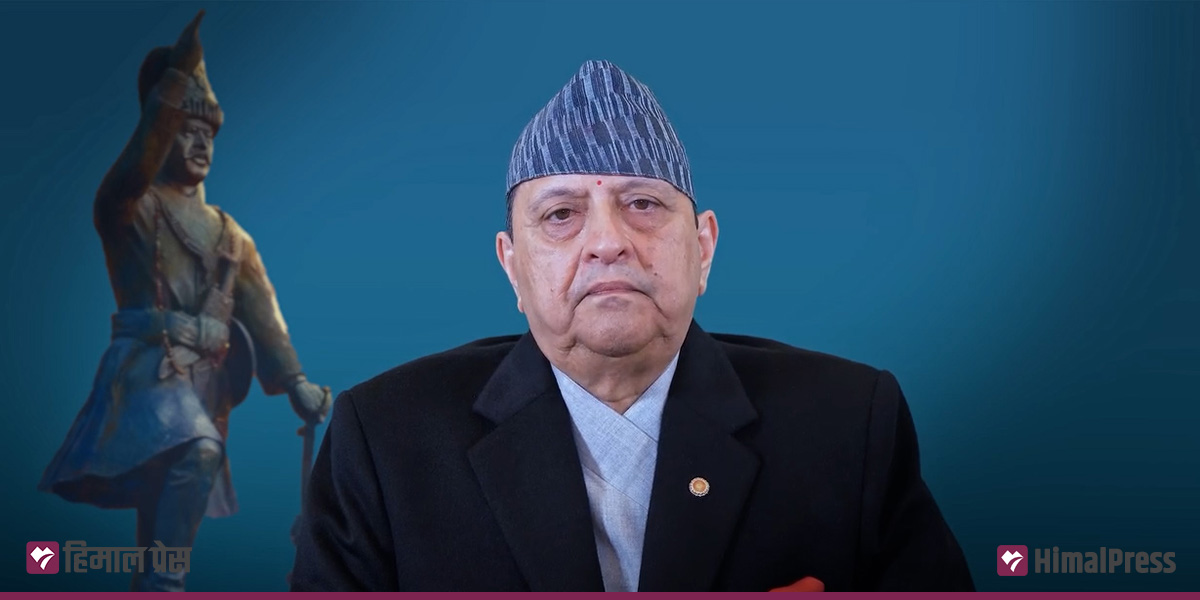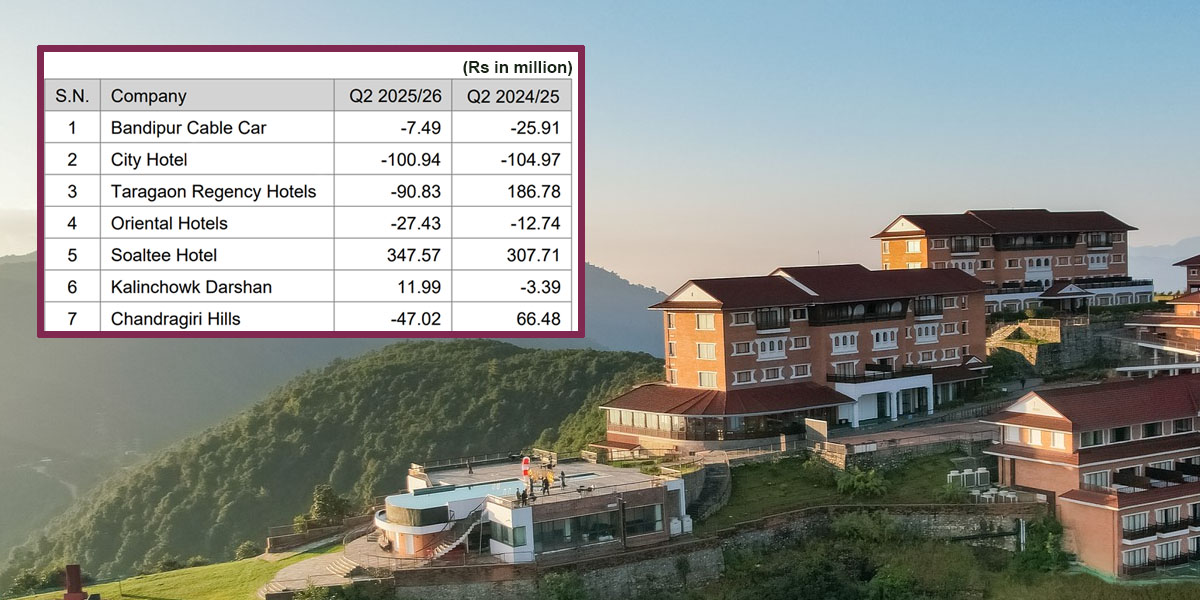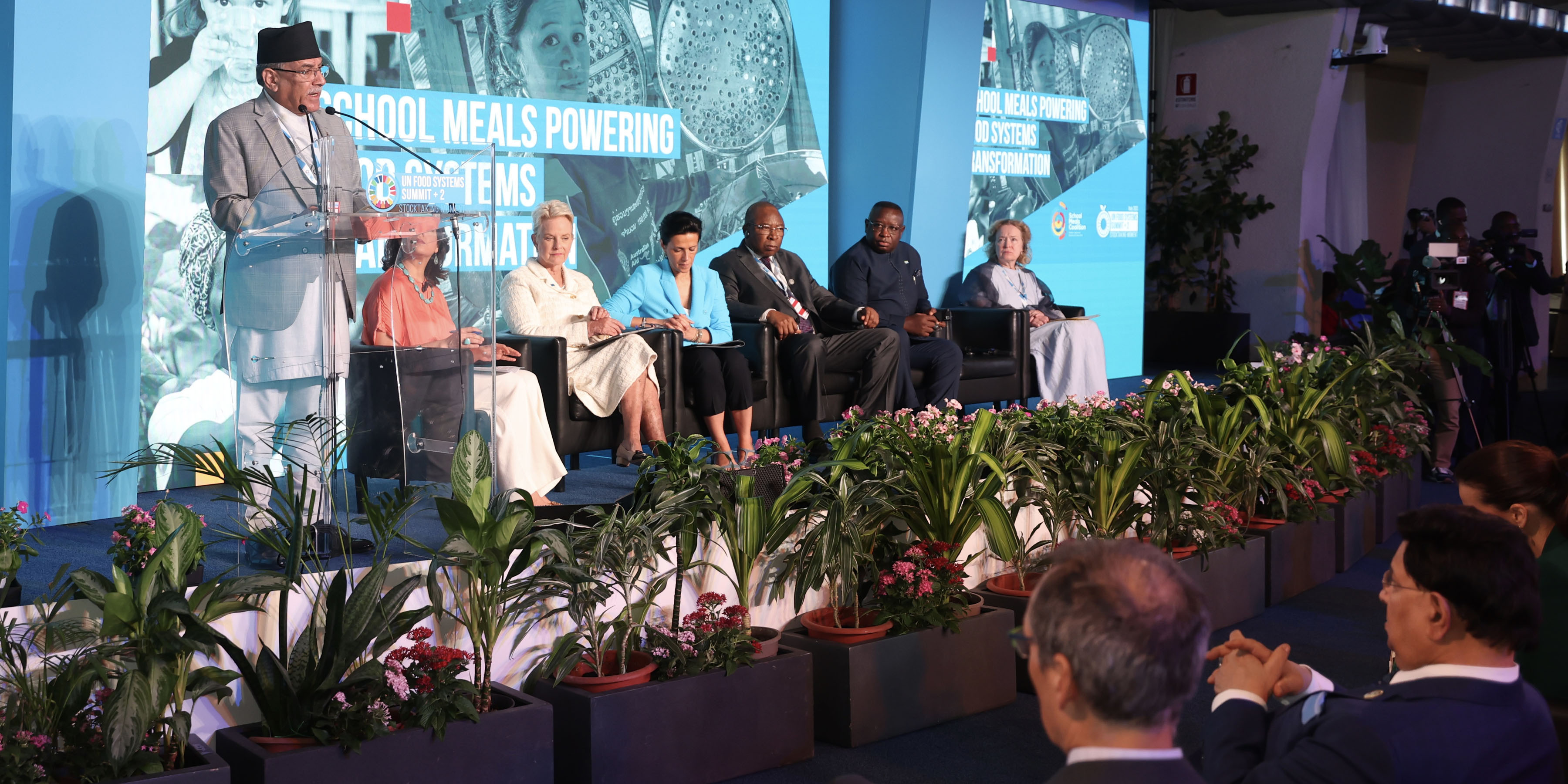 Photo: RSS
Photo: RSS
KATHMANDU: Prime Minister Pushpa Kamal Dahal has emphasized the significance of transforming food systems not only for food security but also for achieving all sustainable development goals.
“It is important that we address the bottlenecks in every sector for making a leap towards zero hunger,” Dahal said, addressing the High-Level Session on School Meals in the United Nations Food System Summit +2 Stocktaking Moment in Rome on Monday. “In the first part of 2020, more children had access to school meals globally than at any time in human history. However, this progress was derailed by the COVID-19 pandemic, supply shocks, and shrinking fiscal space. As we are recovering from the pandemic, it is important that we redouble our efforts to scale up school feeding programs.”
The PM also stressed the need to give special attention to countries with smaller resource bases, as school meal programs play a critical role in promoting students’ health, academic performance, and overall well-being, stating, “They go beyond providing nourishment, acting as a catalyst for positive change in food systems,” he added.
On the occasion, Dahal said that the LDCs and LLDCs have contributed to reducing dropout rates from school, and Nepal’s experience with school feeding is a success story. “It has integrated agriculture, education, food security, nutrition, health, and sanitation in the best way,” he added. He also highlighted Nepal’s impressive results in boosting enrollment, attendance, and learning outcomes through school nutrition, with the budget allocation for this purpose quadrupling in the last five years.
Dahal also made a commitment to further scale up investment and resources for this essential safety net.
The PM also shared information about Nepal’s Food Systems Transformation Strategic Plan (2022-2030), aimed at streamlining and linking actions with the Sustainable Development Goals.
During the event, the PM expressed appreciation to the UN System, Nepal’s development partners, and key stakeholders for their strong commitments to assist Nepal in transforming its food systems and achieving SDGs by 2030.
(With inputs from RSS)

 Himal Press
Himal Press 